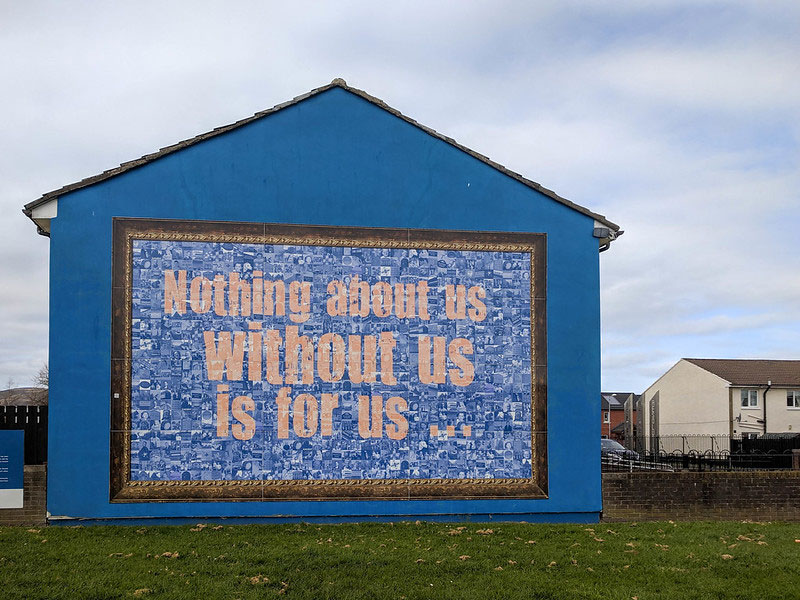Sign up for our free newsletters
Subscribe to NPQ's newsletters to have our top stories delivered directly to your inbox.
By signing up, you agree to our privacy policy and terms of use, and to receive messages from NPQ and our partners.
I want to direct your attention today to our feature, by Tom Scanlon. It provides some context and a challenge to the concept of strategic philanthropy.
I was privileged today to sit with board members from a small community organization; one of the trustees, a reverend, had been around in the mid-seventies, when this particular nonprofit was founded. He moved away for a while and then came back and rejoined the organization as a board member.
As he recalled the founding, a vivid sense of the social history of that time came through, and the room listened carefully, because contained in his words were, as one observer put it, the DNA of the organization. Looking at the organization now, thirty six years later, you see the intentions and ethos of those times brought forward.
It struck me how incredibly valuable a resource such people are to us all. I wished I had a video so that others could hear how he had helped to organize a consortium of churches in this town in the mid-South, what the consortium’s strategy had been to bring in federal money and to meet the needs of the community in which they lived, how they had intentionally gone about incubating and spinning off projects. Over time the organization birthed a number of programs that exist as significant independent entities. It has helped shape the life and riches of the community.
This nonprofit is surrounded by volunteers, some whom have been in and around the organization for decades.
And, as I walked away, I thought, There is a legacy worth more than gold. This was one lucky man to see the fruits of his work, so many years later, surrounded by people who love the mission enough to carry it forward with their faith and volunteer labor.
I do want to link all this back to one of the purposes of boards, which is to help people to be a part of collective decision making in a public sphere, and to suggest that you read, if you have not already, Chao Guo’s wonderful article, “The Road Less Traveled: Establishing the Link between Nonprofit Governance and Democracy.” And remember to capture those DNA stories. They are invaluable in so many ways.












